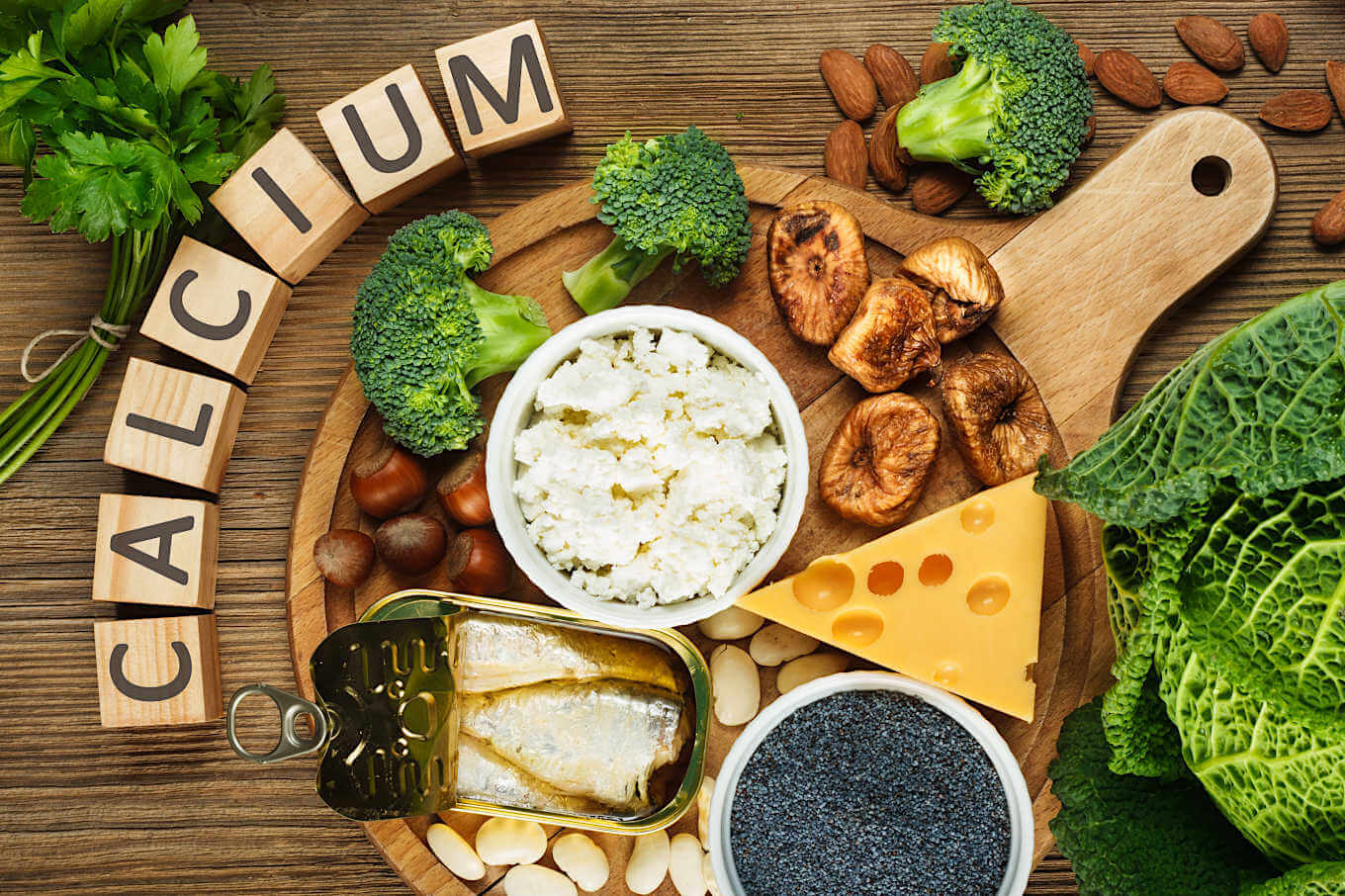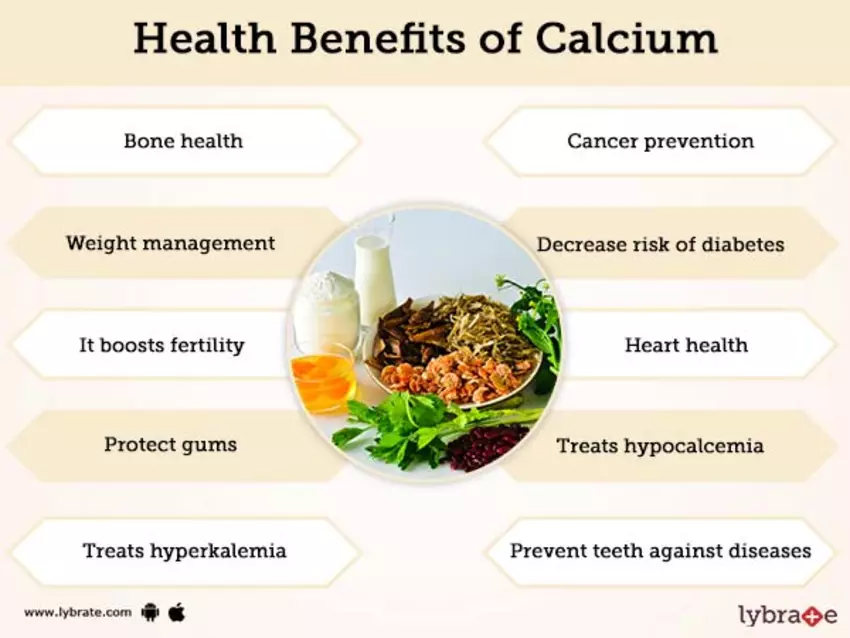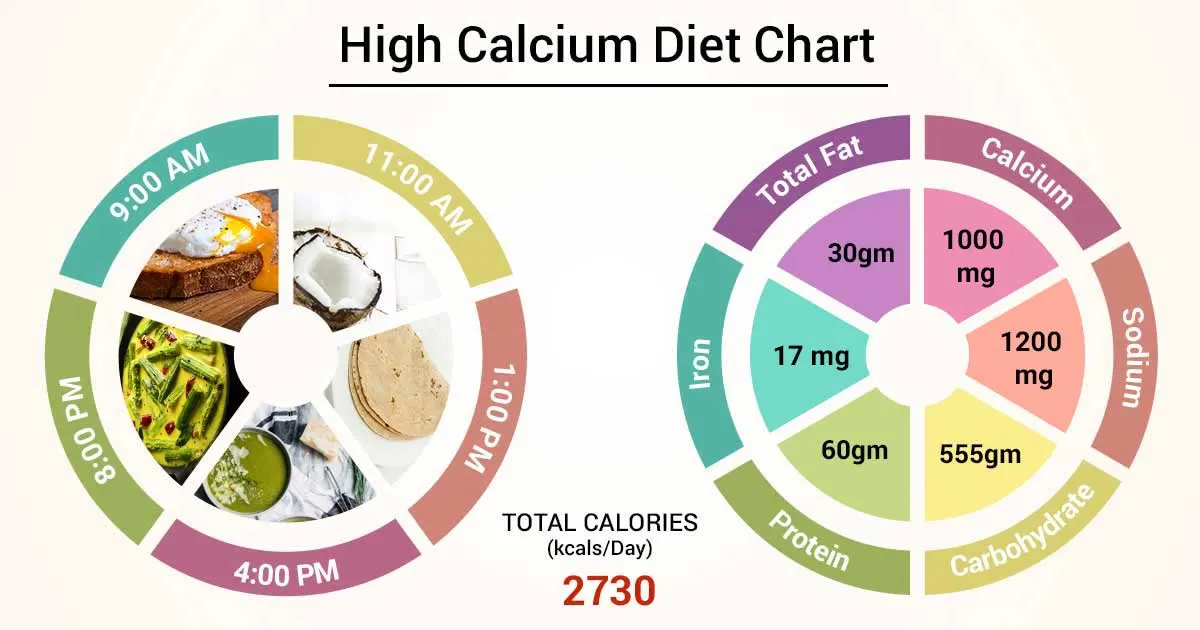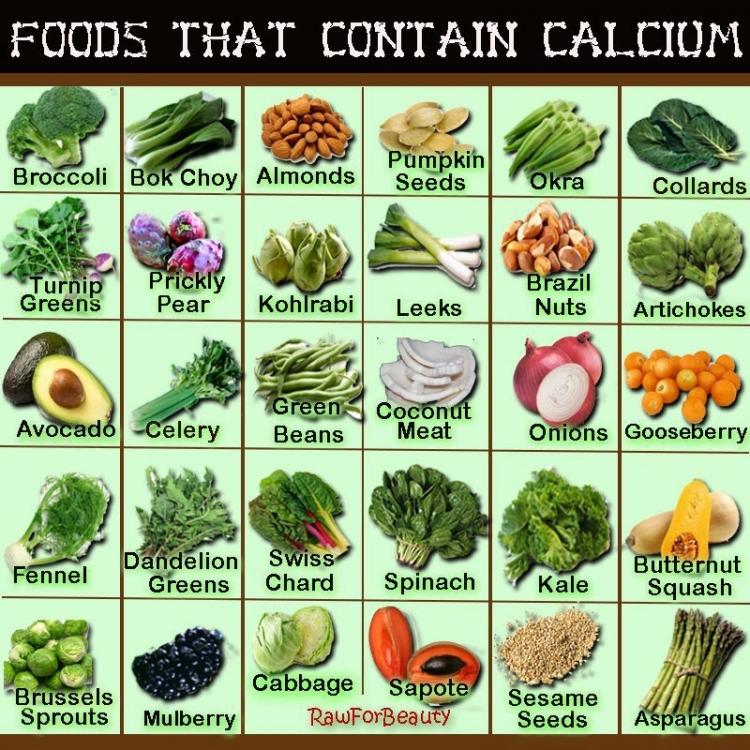
Calcium Vitamins: What are the benefits of calcium?
Calcium is an essential nutrient found in many foods, such as dairy products. The bones and teeth contain over 99% of all calcium in the human body.
Bones are always breaking down and rebuilding. Calcium is needed for this process, but the concentration of calcium in the body tends to decline with age. Taking extra calcium helps the bones rebuild and stay strong. The heart, nerves, and blood-clotting systems also need calcium.
People commonly take calcium by mouth for the treatment and prevention of low calcium levels, muscle cramps, osteoporosis, softening of the bones, and PMS. It is also used for high blood pressure, cancer, stroke, and many other conditions, but there is no good scientific evidence to support many of these other uses.
Types of calcium supplements
Several different kinds of calcium compounds are used in calcium supplements. Each compound contains varying amounts of calcium — referred to as elemental calcium. Common calcium supplements may be labeled as:
- Calcium carbonate (40% elemental calcium)
- Calcium citrate (21% elemental calcium)
- Calcium gluconate (9% elemental calcium)
- Calcium lactate (13% elemental calcium)
The two main forms of calcium supplements are carbonate and citrate. Calcium carbonate is cheapest and therefore often a good first choice. Other forms of calcium in supplements include gluconate and lactate.
In addition, some calcium supplements are combined with vitamins and other minerals. For instance, some calcium supplements may also contain vitamin D or magnesium. Check the ingredient list to see which form of calcium your calcium supplement is and what other nutrients it may contain. This information is important if you have any health or dietary concerns.

The benefits of calcium
Your body needs calcium to build and maintain strong bones. Your heart, muscles and nerves also need calcium to function properly.
Some studies suggest that calcium, along with vitamin D, may have benefits beyond bone health: perhaps protecting against cancer, diabetes and high blood pressure. But evidence about such health benefits is not definitive.
- Bone up on calcium to prevent osteoporosis
- Calcium will keep you slim and trim
- Kick PMS to the curb with calcium
- Calcium may combat cancer
- Calcium is heart-healthy — in moderation
The risks of too little calcium
If you don’t get enough calcium, you could face health problems related to weak bones:
- Children may not reach their full potential adult height.
- Adults may have low bone mass, which is a risk factor for osteoporosis.
Many Americans don’t get enough calcium in their diets. Children and adolescents are at risk, but so are adults aged 50 and older.
Calcium requirements
How much calcium you need depends on your age and sex.
Calcium: Recommended daily amount
| Men | |
| 19-50 years 1,000 mg | |
| 51-70 years 1,000 mg | |
| 71 and older 1,200 mg |
| Women | |
| 19-50 years 1,000 mg | |
| 51 and older 1,200 mg |
The recommended upper limit for calcium is 2,500 mg a day for adults 19 to 50. For those 51 and older, the limit is 2,000 mg a day.
Calcium and diet
Your body doesn’t produce calcium, so you must get it through other sources. Calcium can be found in a variety of foods, including:
- Dairy products, such as cheese, milk and yogurt
- Dark green leafy vegetables, such as broccoli and kale
- Fish with edible soft bones, such as sardines and canned salmon
- Calcium-fortified foods and beverages, such as soy products, cereal and fruit juices, and milk substitutes
To absorb calcium, your body also needs vitamin D. A few foods naturally contain small amounts of vitamin D, such as canned salmon with bones and egg yolks. You can also get vitamin D from fortified foods and sun exposure. The RDA for vitamin D is 600 international units (15 micrograms) a day for most adults.

Calcium-rich foods
People can obtain calcium from a range of foods and drinks.
The following are good sourcesTrusted Source:
- yogurt
- milk
- fortified dairy alternatives, such as soy milk
- sardines and salmon
- cheese
- tofu
- green leafy vegetables, such as broccoli, turnip leaves, watercress, and kale
- many fortified breakfast cereals
- fortified fruit juices
- nuts and seeds, especially almonds, sesame, and chia
- legumes and grains
- cornmeal and corn tortillas

Some dark green vegetables, such as spinach, contain calcium. However, they also contain high levels of oxalic acid. Oxalic acid reduces the body’s ability to absorb calcium, according to studies.
Reference: webmd.com, sheknows.com, mayoclinic.org
